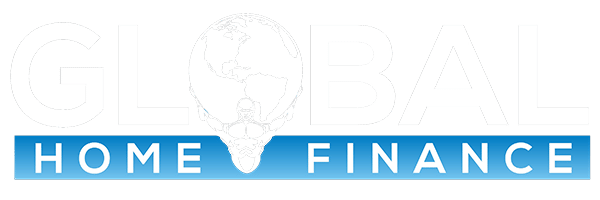You’ve finally found the home of your dreams. You believe you can qualify for at least some kind of home loan. There’s just one thing standing between you and your new house: The down payment.
Many home buyers today opt to use funds from their employer’s 401(K) program to come up with the down payment on a house. Ordinarily, you can’t take money from your 401(K) plan unless you retire, leave the company or become disabled, but many company plans permit certain “hardship withdrawals” when there is an immediate and heavy financial need, including the purchase of the employee’s principal residence.
The drawback to a hardship withdrawal is that you will pay taxes and penalties on the amount withdrawn from your plan, which often must be paid in the year of withdrawal. And while hardship withdrawals are allowed by law, your employer is not required to provide them in your plan. Check with your employer’s human resources department if you’re not sure if your 401(K) plan allows hardship withdrawal.
Another approach may be to borrow against your 401(K) – often as much as 50 percent of your account balance. You pay interest on the loan, but the interest goes back into your account. The money you receive is not taxable as long it is paid back and plans can give you anywhere from five to 30 years to pay back your loan.
There are risks involved in borrowing from your 401(K). If you lose your job or leave your employer, you must pay back the loan in full within a short period, sometimes as little as 60 days. If the money is not paid back in that time, it is considered a withdrawal from your plan and subjected to the same taxes and penalties. And while 401(K) accounts can usually be rolled over into a new employer’s 401(K) without penalties, loans from a 401(K) cannot be rolled over.
In addition, because the funds withdrawn from your account are no longer earning compound interest, your account will be smaller when you retire. And you’ll be replacing pretax money with after-tax money.
Some lenders will count the money you borrowed from your 401(K) as an additional debt that will go along with your car payments, student loans and credit cards. While it may seem unfair since you are borrowing your own money, most lenders view it as a payment obligation that affects your debt-to-income ratio in qualifying for a home loan. It may be a factor in whether you decide to make a hardship withdrawal from your 401(K) and pay tax penalties or borrow against it.

Offers
Buy Before You Sell
Your Path to Homeownership Welcome to Global Home Finance Contact Us Today! Are you ready to secure your dream home with ease? At Global Home





